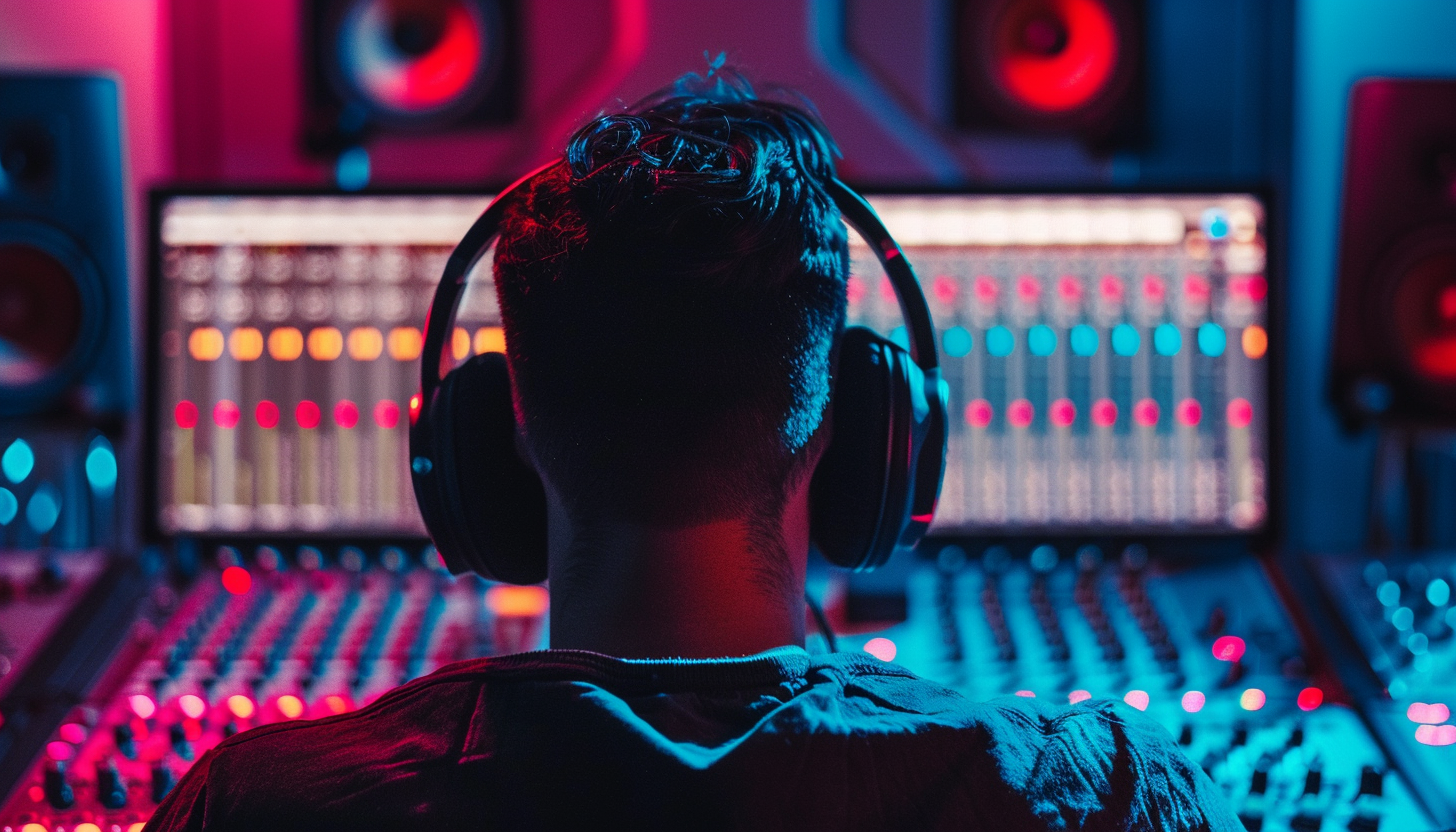The New Era of Streaming Royalties: What It Means for Artists and Creators
Hello Friends,
The music industry is continuously evolving, and this month has brought some interesting developments, especially in the realm of streaming services and new business models. Here’s the latest scoop.
Changes in Streaming Royalties: A New Era for Musicians
In an effort to address long-standing issues related to artist compensation, Spotify and Deezer are implementing significant changes to their royalty payment structures. Spotify is moving towards a model that requires artists to receive at least 1,000 streams per year to start earning royalties. This shift is expected to impact how revenues are distributed, potentially redirecting funds to higher-performing tracks (Fast Company).
Deezer, in collaboration with Universal Music Group, has already adopted a similar strategy. They’ve introduced a framework that increases royalties for songs with over 1,000 monthly streams from 500 unique users. This approach aims to ensure that more successful tracks receive a fairer share of revenue (Digital Music News).
These changes come in response to the growing number of tracks being uploaded daily—over 103,500 on average—and the disparity in streaming success. A substantial number of these tracks, many generated using AI, receive fewer than 10 streams, while a tiny fraction achieves millions of plays. The new models aim to support artists who generate significant engagement, ensuring they are compensated more fairly.
Impact on Smaller Artists
While these new models are a step towards fairer compensation, they also raise concerns about the impact on smaller and emerging artists. Tracks that do not meet the streaming thresholds will no longer receive payouts, which could pose challenges for those just starting out or those with niche audiences. It remains to be seen how these changes will balance supporting both popular and emerging talent in the industry.
Industry Reactions
The music industry has had mixed reactions to these changes. Some view it as a necessary evolution to address the imbalance in the current streaming economy. Others worry about the potential negative impact on new and independent artists who rely on every stream for income. The coming months will be crucial in observing how these new models play out and whether they lead to broader changes across other streaming platforms.
What are your thoughts on the changes?
For more detailed insights, check out the full articles on Digital Music News and Fast Company.
-Nathan
Share this article
Let’s Create Together
Are you a visual storyteller in media? My team and I are excited to explore how we can bring your stories to life with distinctive soundscapes. Get in touch and let’s discuss how music and sound design can transform your project.
Nathan's Picks





Get your music movie-ready with cinematic sounds built for today's film, trailer, and sync landscape.